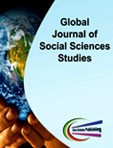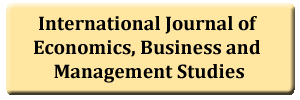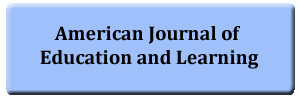The Relationship between Achievement Motivation and Mathematic Performance Amongst Female Learners and in Selected Urban Girls’ Secondary Schools in Kenya
DOI:
https://doi.org/10.20448/807.4.1.23.29Keywords:
Achievement motivation, Mathematics, Females, Performance, Kenya.Abstract
Poor performance in mathematics has been a concern worldwide despite the fact that mathematics may be regarded as “the mother of technology and associated fields. Poor Mathematics performance in all tiers of education has continued to be reflected in national examinations between 2005 and 2009 in Kenya. Girls mathematics performance in Nairobi county has been very poor with 85% of students obtaining D+ or below at Kenya Certificate of Secondary Education (KCSE) (Kenya National Examinations Council (KNEC), 2010). There is limited literature on relationship between achievement motivation and mathematics performance in girls’ high schools in Kenya. The empirical studies done in causes of poor performance in mathematics mainly focus on topics like the mathamatics teaching methods (Omar, 1996) achievement (Njoroge, 2014) peer pressure and perception Mbugua et al. (2012) among many others. The main purpose of this study was to investigate the relationship between achievement motivation and mathematic performance in selected girl’s secondary school in Nairobi. This study was based on McClelland (1961) Achievement Motivation theory. Descriptive survey design was adopted in this study to investigate relationship between student achievement motivation, and mathematics performance. Purposive sampling technique used to select the schools in Nairobi county.. Simple random sampling techniques used to sample 300 participants from selected girls schools. The Researcher adapted achievement motivation tool used by Githua (2002). Pre-mock exams results (2013) were used to measure Mathematics performance. Data collected was analyzed using both descriptive and inferential statistics. The Pearson correlation alpha=0.05 was used to test the stated hypothesis. The results of the study indicate positive but weak and none significant relationship between Achievement Motivation and Mathematics performance in the area of study. Further research should be done in difference environment to confirm this finding.





